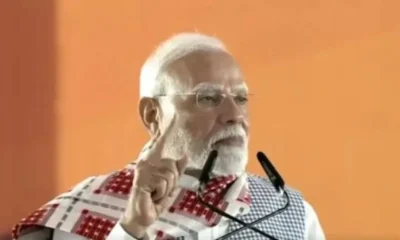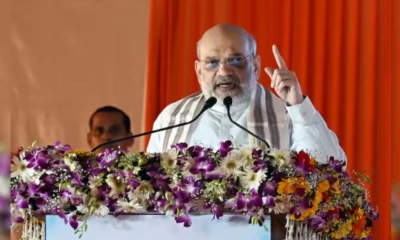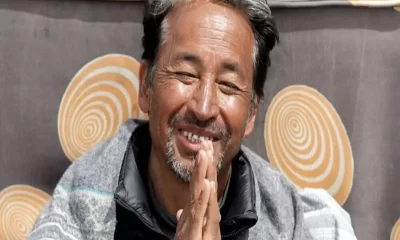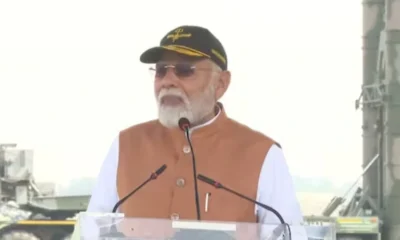The celebrations of Ganesh Chaturthi are just around the corner, the excitement is undoubtedly building up among everyone. The festival will be celebrated on September 10.
As we begin the preparations for this year, we surely cannot miss out on the delicious Modaks. The sweet is stuffed with grated coconut, sweetened with jaggery and sealed in a pocket of steamed rice flour.
Modaks are very dear to Lord Ganesha. His worship is considered to be incomplete without Modak. People like to eat Modak as Prasad. Every year in Mumbai, home chefs, caterers and age-old Maharashtrian restaurants rise to the occasion.
The festival is observed for 10-11 days and this year, the festival will start on September 10 and end on September 21.
Ganesh Chaturthi is one of the major festivals celebrated across the states like Maharashtra Telangana, Madhya Pradesh, Goa, Karnataka, and Gujarat.
Apart from the most common dry fruits modak, there are modaks prepared from beetroot, Chana Dal, Kesar and Pista.
On this Ganesh Chaturthi, try to prepare dry fruit modak recipe, rate it and let us know how it turned out.
How to make dry fruit modak?
Step 1. Soak figs and dates for two hours and grind almonds, peanuts, walnuts, pistachios and cashew nuts in a grinder. Grind soaked figs and dates to form a paste.
Step 2. Put the ground nuts on a pan and saute well. Take sesame seeds, chironji, khus khus and desiccated coconut and roast them well In another pan.
Step 3. Take ghee in a pan, add the figs-dates paste to it and saute it well and add chopped raisins and apricots in it.
Step 4. Mix thoroughly and add dry fruits and mix well in order to infuse them perfectly with the paste.
Step 5. Take a modak shape and apply ghee on it to give the perfect shape.
You can also add more ingredients and nuts of your choice like cornflakes, oats, chocolate chips etc.
In other India News, Sidharth Shukla mother Rita, sisters Neetu, Preeti organised a virtual prayer meeting on September 6.

























